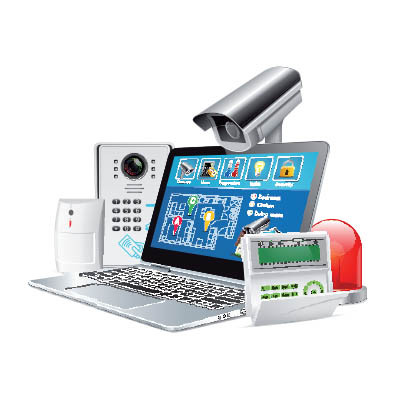CCI Tech Blog
There are plenty of reasons why a business might lose some or all of its data, ranging from cyberattacks to hardware failure. Unfortunately, there isn’t any real reason your business won’t be one of the unlucky ones.
This makes it imperative that you prepare for this eventuality. Let’s discuss how to do so with the help of data redundancy.
Security should be at the top of any business owner’s list of priorities. While cybersecurity often gets the spotlight, physical security is just as critical; after all, if someone can walk in and steal your equipment, all the firewalls in the world won’t help you. Fortunately, technology has made it easier than ever to protect your business from physical threats. Here are some physical security technologies small businesses can use to keep their assets safe.
We all know companies collect a lot of data. After all, your business is no exception to this rule, and you likely collect significant consumer data to facilitate operations. But if you get the itch to protect your personal privacy (and you should), there are ways to limit how much advertisers, criminals, and other companies can gain access to. Here are just a couple of ways.
An expiration date helps to make sure you aren’t buying fast-turning foods at the grocery store, and now, the technology industry is making strides to establish a similar standard. A new industry report recommends new legislation pushing for End-of-Life (EoL) disclosure, which would, in theory, allow businesses and consumers alike to make more informed purchasing decisions. What does this mean for your business?





